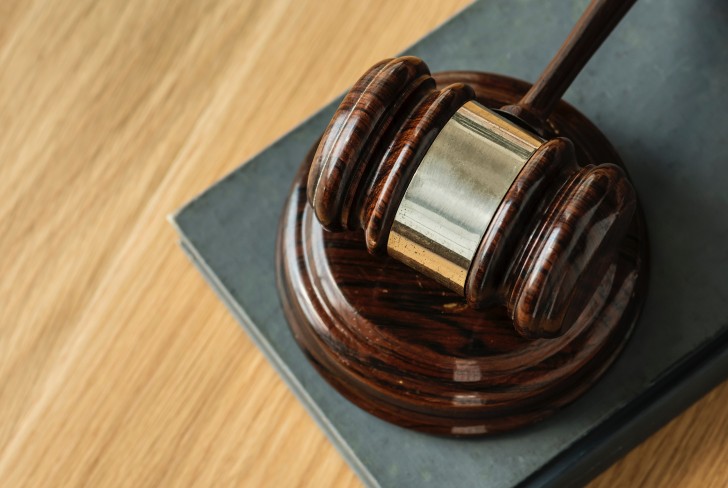The case was filed against RBI by the IAMAI, the Internet And Mobile Association of India. IAMAI is a non profit body which aims to help the local industry grow and provide council. The body has big names as its members, including Yahoo! India, Apple and eBay. The IAMAI hopes to overturn the ban on cryptocurrencies imposed by the Reserve Bank of India.
Let’s have an overview of what transpired in the three days of the hearings:
14thJanuary
Ashim Sood, the legal counsel who represents the IAMAI, started the hearing with a presentation in which he highlighted the damaging effects of the ban by RBI till date. He also outlined the history of cryptocurrencies so that the court may have a better understanding of what digital currencies, including how blockchain, the underlying technology, helps improve and increase efficiencies of businesses and economy. Mr. Sood argued that cryptocurrencies, though the name implying they are, are not currencies as these are also used as commodities and store of value.
The Judge was, however, of a different opinion. He said that since cryptocurrencies can and do act like medium of exchange, they come under the jurisdiction of the RBI and it has the power to regulate the digital currencies as per its regulations. Mr. Sood defended his ground with drawing analogies of casinos,
Some people would find value in it and some people would exchange it. It is a technology which should be given a free play. Casino chips are useful to the people who are inside the casino […] When I come out of [a] casino, its use ceases to exist but then some people may exchange it and it holds a value for the interested people. So likewise there is no obligation to use VCs [virtual currencies] as medium of exchange.
15thJanuary
The second day of the hearing saw Mr. Sood present the regulations and court declarations of other countries, emphasizing that most countries do not accept cryptocurrencies as legal tender, but many declare these as a digital form of securities. In this context, he said that RBI had no jurisdiction as these come under the Securities and Exchange Board of India.
Mr. Sood then went on to say that RBI has no power to stop cryptocurrencies as there is no law to support it,
The crux of the judgement is that when [the] Legislature doesn’t find a reason to stop/prohibit any economic activity, then the authority doesn’t have power to devise a new form to prohibit such economic activity. Such prohibition violates my right to freedom of trade.
16thJanuary
Mr. Sood continued his power play by reminding the court that the legislative bodies are the ones who make policies and as such, it is the role of the Indian Parliament the Lokh Saba, to decide on the legality of the digital currencies, not RBI.
He also argued that RBI is acting more like a draconian police than a regulator. He said that rather than banning, legislative bodies of countries all over the world are hiring experts of the industry to evaluate the technology and its impact, allowing them to gain better knowledge of the fringe sector and create a regulated industry.
Uncertainty Continues
The Indian government has recently delayed the introduction of a crypto ban in its winter session. With the legality of the digital tokens and coins now at a crucial stage in the court, no one is sure what the outcome would be, although the pressure form the government and state institutions is always a role player.
 Saad Ullah
Saad Ullah

 Saad Ullah
Saad Ullah


